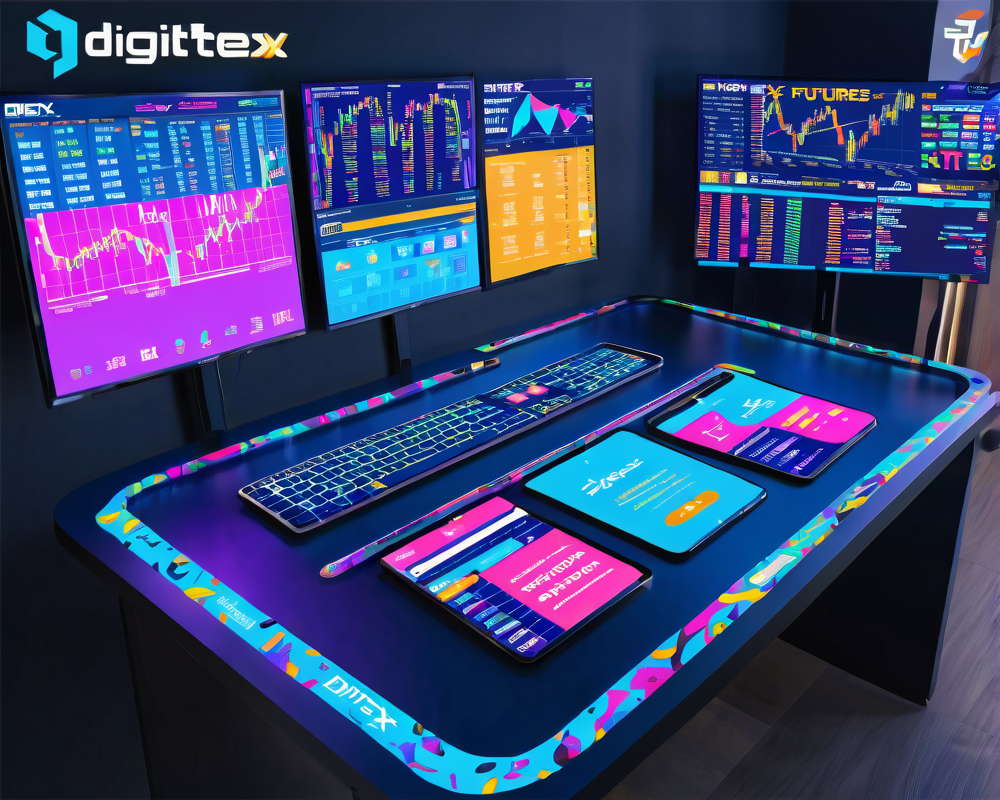Why Businesses are Ditching On-Premises Solutions
Let’s face it: storing data on-premises feels like trying to juggle flaming torches while riding a unicycle – it’s complicated, risky, and requires a lot of skill (and maybe a few band-aids). Businesses are battling against technical and cost-related woes while maintaining their storage area networks. Plus, the headache of data compatibility and security is just too much. Enter decentralized storage, the knight in shining armor ready to save us from the drag of traditional methods.
The Cloud Storage Buzz: A Market on the Rise
With a meteoric rise expected, the global cloud storage market is set to grow from $83.41 billion in 2022 to a whopping $376.37 billion by 2029. That’s exponential growth like your uncle’s impressive beer belly after a long holiday weekend! Traditional cloud storage solutions like Dropbox and Google Drive have paved the way, but their centralization has its drawbacks.
Centralized vs. Decentralized: What’s the Difference?
Centralized storage gives all the power to the cloud service provider. Sure, they promise security, but there’s nothing like knowing your data is in a single location that can potentially be hacked. On the flip side, decentralized storage shakes things up by distributing data across multiple nodes, ensuring you won’t tumble into the trap of a single point of failure. Think of it as your data partying at a global bash rather than being stuck at the boring, predictable local dive.
Deciphering Decentralized Storage
So, what’s decentralized storage, you ask? It’s like sharing secrets with friends rather than a group of judgmental onlookers. Using blockchain technology, decentralized storage saves data across a network of independent nodes instead of relying on one central party. For instance, InterPlanetary File System (IPFS) and StorX let you store, encrypt, and share files without the looming fear of a nosy landlord (read: centralized provider) snooping through your stuff.
The Stark Advantages of Decentralized Magic
- Power to the User: You retain complete ownership of your data. No more handing over the keys to your digital castle.
- Redundancy Rules: Your files are divided into fragments and scattered amongst various nodes. So if one node goes on a holiday, others are your reliable backup plans.
- Speed Demons: Decentralized systems can perform data retrieval faster than centralized ones by snatching from the closest nodes.
Peeking into the Crystal Ball: The Future of Decentralized Storage
The future of decentralized storage looks brighter than a disco ball at a Saturday night party. With increasing demands for security, privacy, and reliability, we anticipate a boom in these solutions. As the world dives deeper into known entities like the Internet of Things (IoT), decentralized storage could become the go-to platform that fuels many digital advancements.



